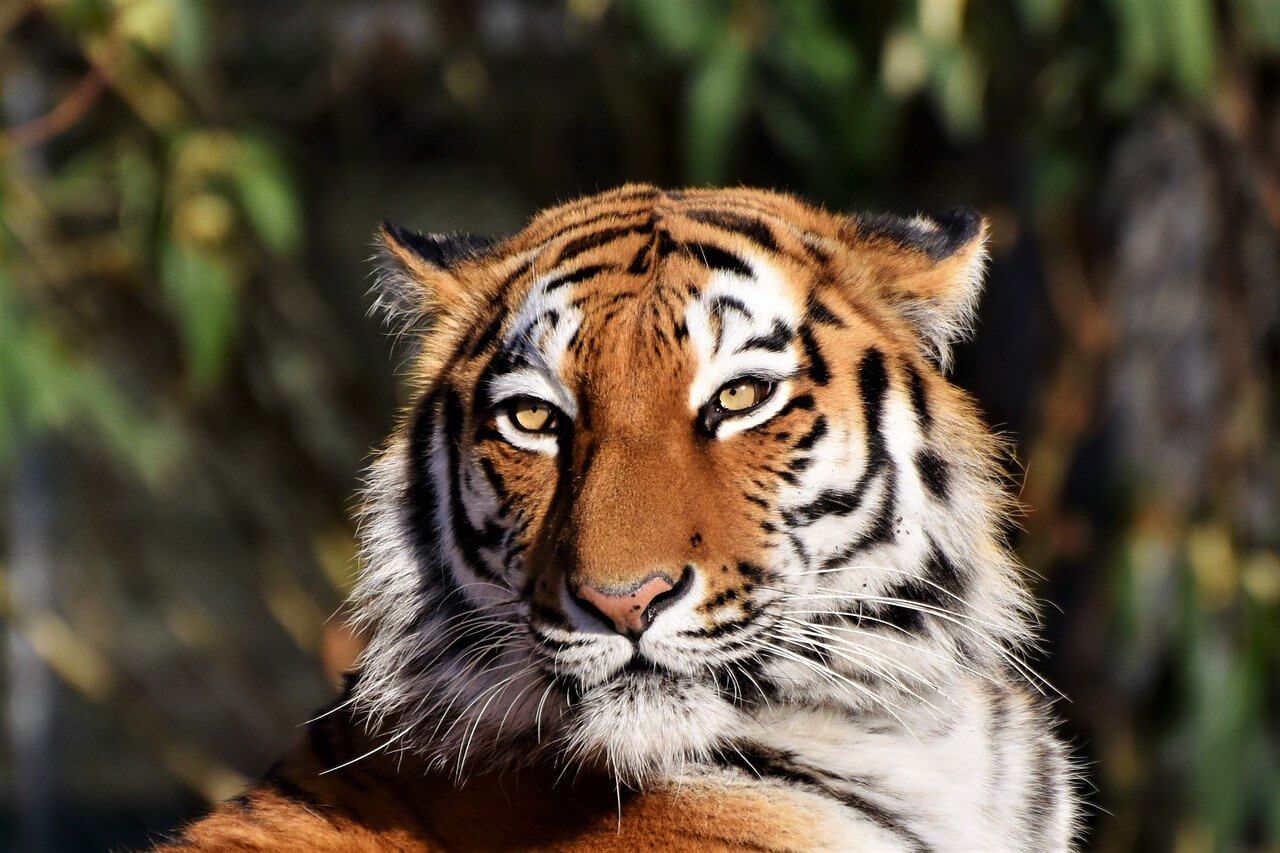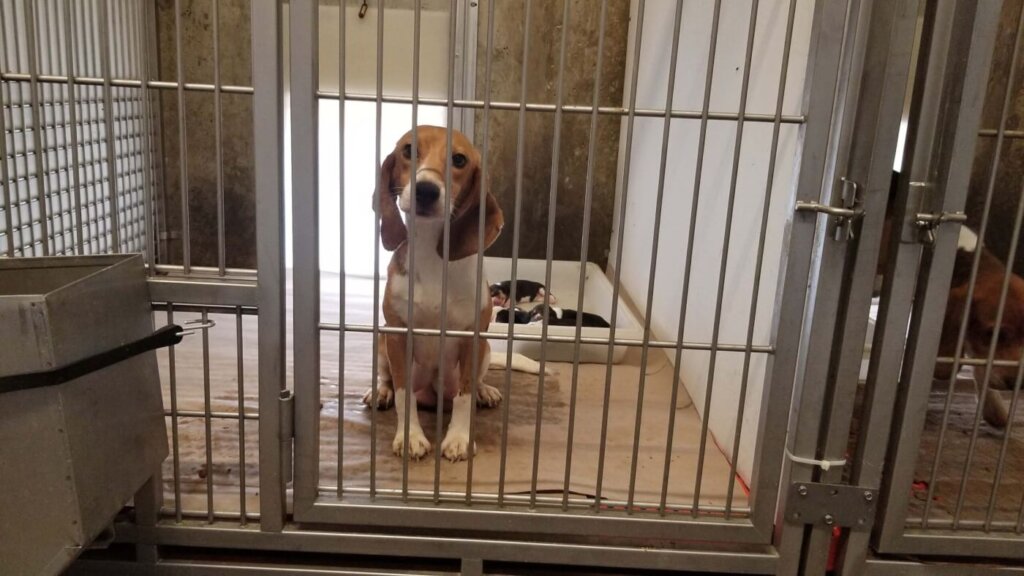
‘Tiger Cub’ Delivers Fortune Cookies to Dreamworld for Lunar New Year
It’s the Year of the Tiger, and the writing is on the wall for big-cat abusers around the world. Tiger abuser “Joe Exotic” has been resentenced to 21 years in prison, and Phuket Zoo’s notorious tiger selfie operations have closed down.
Now, it’s time for Dreamworld on the Gold Coast to do the right thing. A very cute PETA volunteer dressed as a tiger cub delivered fortune cookies for Chinese New Year to the theme park, each containing the message that “tigers are not theme park attractions”.

Along with the cookies, we enclosed a letter urging Greg Yong, the CEO of Ardent Leisure Group, which owns Dreamworld, to “show some compassion for big cats, by committing to ending displays involving tiger-human interaction and ceasing tiger breeding”.
And we added, “We hope you will contemplate this as you enjoy your cookies and decide to make 2022 a lucky year for tigers.”
Not only is Dreamworld still breeding tigers (with no hope of ever reintroducing them to their natural habitat), its Tiger Island attraction also allows patrons to hand-feed a tiger for a fee.
The practice of allowing patrons to feed these naturally wild animals is dangerous – not only for humans, who could easily be badly injured, but also for the big cats, who are susceptible to catching SARS-CoV-2, the virus that causes COVID-19 in humans and other animals. In 2020, a captive tiger in Sweden was euthanised when she developed extreme respiratory distress after contracting the illness from a staff member.
Animals are not ours to use for entertainment. Dreamworld must stop putting tigers in harmful, unnatural surroundings and situations for profit.

In nature, Sumatran tigers live alone for the most part, sleep most of the day, and hunt at night. At Dreamworld, these naturally solitary animals are forced to live in what to them is an extremely cramped environment, where they’re treated as living exhibits and selfie props for the paying public. Wild animals suffer tremendously, both physically and mentally, from the frustration of life in captivity and often display neurotic behaviour, such as incessant pacing and bar-biting.
By separating humans from all other animals, zoos preach anthropocentrism rather than teach biodiversity. They promote a pre-Darwinian worldview. Humans are the privileged observers and manipulators, while nonhumans are treated like caged objects that exist only to gratify human desires. Even the PR-motivated emphasis on “education” transmits a speciesist message: the zoogoer’s experience matters more than the inmate’s. Touted as an institution that promotes public interest in “wildlife conservation”, Dreamworld actually embodies the human acquisitiveness that lies behind habitat destruction and species extinction.
Virtual field trips, IMAX movies, wildlife documentaries, visits to animal sanctuaries, books, and non-animal circuses are all much better ways to teach kids about animals without harming them. Even a relaxing walk in the woods can be a wonderful way to encourage kids to appreciate nature and wildlife as well as stimulating their love of learning. Children can also become involved with conservation or clean-up programmes in the countryside or along waterways in order to work together to make positive changes for animals.

Change is afoot to stop wild animals from being used for entertainment in Australia, as Stardust Circus finally abandoned acts using lions in 2021. However, at present, there is nothing to stop another circus from breeding and training wild animals for performances.
PETA is calling for stronger legislation so that wild animals are never again used in circuses in Australia. Please sign our action alert asking your MP to support a ban on wild-animal acts.
Animals Are Suffering in Laboratories – Help Save Them Now


